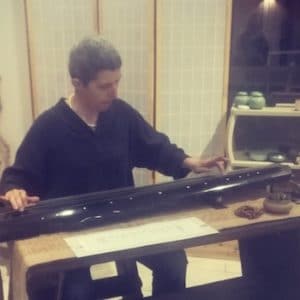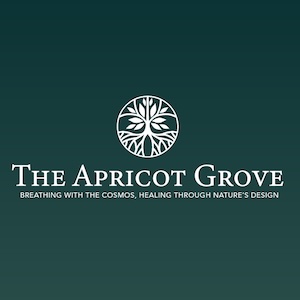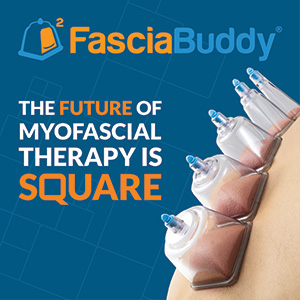Qiological is on vacation for the month of July, this discussion is one of a series of ‘summer re-runs’ of some of our favorite conversations from Everyday Acupuncture Podcast, which was the forerunner of Qiological.
Taiwan is famous for its high tech computer technology, bicycles, fragrant tofu, rivers of scooters, delicious street food, and of course, tea.
Today’s episode is a bit of a soundscape as we spend a portion of the afternoon drinking and discussing tea. Unlike your Western coffeeshop where you pop in for a beverage to go, or you grab a drink and sit with a couple of friends or work on your computer, a Taiwanese teashop has time unfolding at a completely different pace. And it is about dipping not only into something delicious in a cup, it’s about connecting with your community and making new friends.
Listen as my friend Pia and I imbibe tea and tea culture in a way that you only find in Taiwan.
In This Conversation We Discuss:
- The process of exploring the character of tea with time, water and conversation
- Different teas and their levels of oxidation
Buddhism - Teapots and why we use the small pots that allow for a fast accurate brew
- Tea as part of Chinese culture and daily life
- The various factors that influence your taste of the tea

Pia Giammasi
A yearning to access the deep wisdom of the East brought me to Asia in the mid-80’s and, due to its depth, I am still here in 2020 with much to learn yet. My first time living in Taipei, I was in a very small scooter accident which left me with a numb leg from the knee down. One acupuncture treatment and the numbness was gone. I was awed and also, being able to feel energy meridians, intuitively understood healing through energy manipulation. The circuitous path of my life has taken me in and out of monasteries, countries, occupations, healing modalities and understandings. If my life activities were a horizontal line graph, you would see layers of alternative healing (TCM, movement, sound, etc.), Buddhism (traditions, teachers, sutras…), Chinese culture (philosophies, the Way of Tea, I-Ching, martial arts, guchin and so on), translation, teaching, yoga, international NGO work, voice recording, and so forth, interactively influencing each other’s growth and progress.
My understanding of health, well-being and healing seems to be ever expanding. Once you have deeply seen/understood/accepted inter-being, the boundary between microcosm and macrocosm can be drawn at various levels of the time-space continuum. Healing—understood as bringing different elements back into balance—can also happen at the intersections of these micro and macro cosmoi. Therefore, plants, food, sounds, colors, life habits, relationship quality, habitual emotional states and thinking patterns, the place where you sleep, your pets, and so on ad infinitum can all be medicines or poisons so to speak. Once, before I had studied TCM, I had the opportunity to go for a walk along a forest path with a great Tibetan medicine doctor from Sikkim. As we were walking, he asked me, “Do you know these plants? These trees? To most people, they look like weeds, very ordinary and useless. But if you know them, they can all be medicine. Anything can be medicine if you know it well enough.”
Links and Resources














